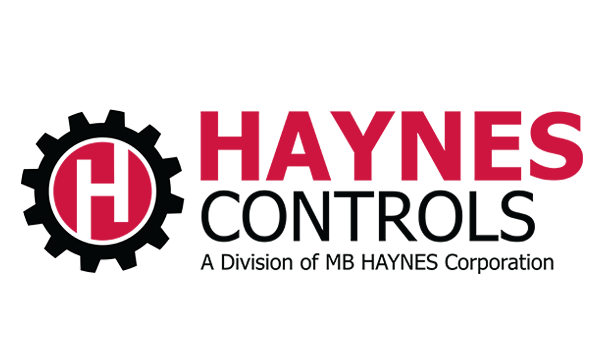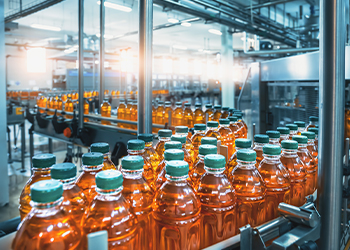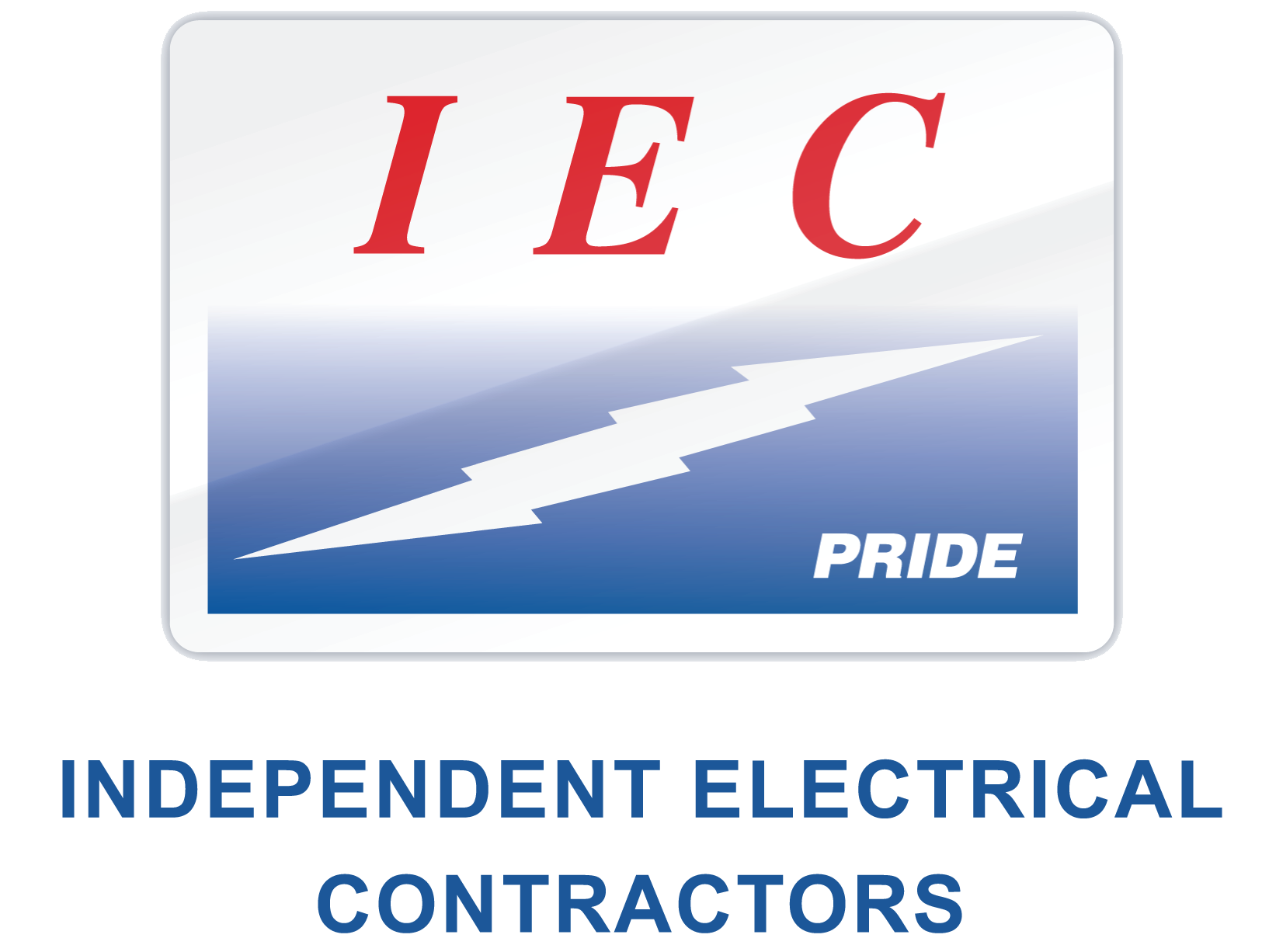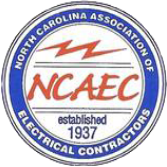
Food and Beverage Processing
 Electrical control panels play a crucial role in the Food and Beverage Processing Industry, serving as central hubs for monitoring, regulating, and controlling various electrical and mechanical components within the production processes. These panels are essential for ensuring efficiency, safety, and compliance with industry standards. Here’s an expanded overview of their significance and applications:
Electrical control panels play a crucial role in the Food and Beverage Processing Industry, serving as central hubs for monitoring, regulating, and controlling various electrical and mechanical components within the production processes. These panels are essential for ensuring efficiency, safety, and compliance with industry standards. Here’s an expanded overview of their significance and applications:
- Automation and Process Control: Electrical control panels automate and control a myriad of processes in the food and beverage production line. They manage tasks such as ingredient mixing, temperature control, pressure regulation, and conveyance systems. Automation not only enhances production efficiency but also ensures consistency in product quality.
- Temperature and Environmental Control: Many food and beverage processes require precise temperature control. Electrical control panels house temperature controllers, sensors, and actuators that regulate the conditions within processing units, ensuring that the products meet stringent quality standards. Additionally, they may control environmental factors like humidity and ventilation.
- Safety and Compliance: The food and beverage industry is subject to rigorous safety and hygiene regulations. Electrical control panels are designed to meet these standards, providing features such as emergency shutdown systems, fault detection, and alarms. Compliance with safety regulations is critical to prevent contamination and ensure the well-being of consumers.
- Energy Efficiency: Electrical control panels help manage energy consumption in the processing plants. They can optimize the operation of motors, pumps, and other equipment to reduce energy wastage. This not only contributes to cost savings but also aligns with the industry’s growing emphasis on sustainability and environmental responsibility.
- Remote Monitoring and Control: With the advancement of technology, many control panels are equipped with remote monitoring capabilities. This allows operators to supervise and control processes from a centralized location, enhancing operational flexibility and responsiveness. Remote monitoring also aids in troubleshooting and preventive maintenance.
- Customization and Scalability: Food and beverage processing plants vary widely in scale and complexity. Electrical control panels are designed to be scalable and customizable to accommodate the specific needs of different facilities. Whether it’s a small-scale artisanal bakery or a large-scale beverage production plant, control panels can be tailored to the requirements of the operation.
- Integration with PLCs and HMI Systems: Electrical control panels often integrate with Programmable Logic Controllers (PLCs) and Human-Machine Interface (HMI) systems. PLCs handle the logic and decision-making processes, while HMIs provide a user-friendly interface for operators to monitor and control the system. This integration streamlines the overall control and monitoring of the production line.
- Data Logging and Analysis: Many modern electrical control panels feature data logging capabilities. They can record key parameters and events during production, allowing operators to analyze trends, identify inefficiencies, and make informed decisions to optimize processes and improve overall plant performance.
In summary, electrical control panels are indispensable in the Food and Beverage Processing Industry, providing the necessary infrastructure for automation, safety, and efficient control of various processes. Their role in maintaining product quality, ensuring compliance with regulations, and supporting sustainable and energy-efficient practices makes them a cornerstone of modern food and beverage manufacturing.
Our Industries
- Agricultural Industry
- Automotive Manufacturing
- Chemical Laboratories
- Chemical Processing Industry
- Data Centers
- Educational Institutions
- Entertainment and Broadcasting Industry
- Food and Beverage Processing Industry
- Manufacturing Industry
- Medical Equipment Manufacturing Industry
- Mining and Minerals Processing Industry
- Oil and Gas Industry
- Pharmaceutical Manufacturing Industry
- Pulp and Paper Manufacturing Industry
- Rail Transportation Industry
- Renewable Energy Industry
- Research Laboratories
- Telecommunications Industry
- Textile Industry
- Transportation Industry
- Water and Wastewater Treatment
- Controls Services MAIN PAGE >












